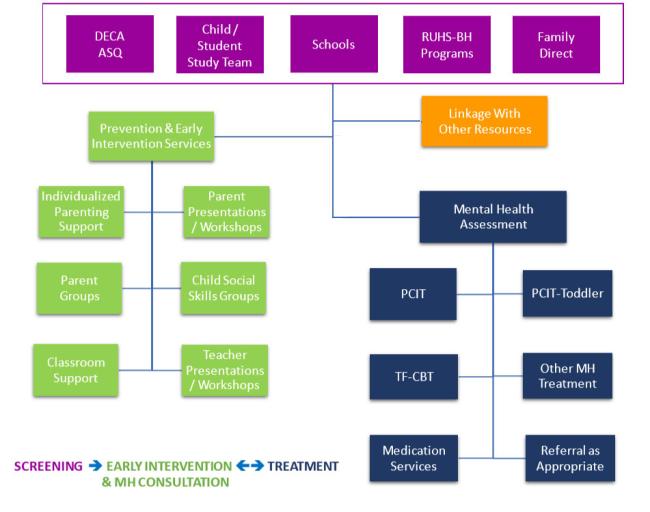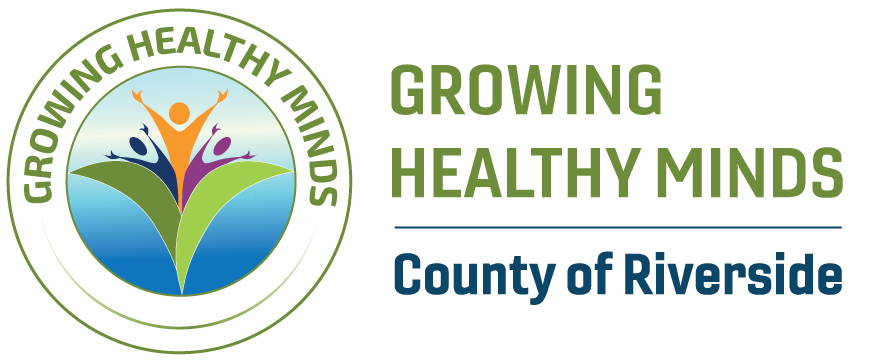Partnerships
We believe that it takes a village to raise a child. Our services are offered in partnership with public agencies, school districts, and community based organizations.
Our collective goals are to:
- Help reduce young children’s challenging behaviors, while increasing emotional control.
- Reduce the stigma associated with receiving mental health services.
- Reduce or eliminate geographical isolation and transportation barriers to services.
- Connect with families with children hat might not otherwise qualify for traditional mental health services.
About Preschool 0-5 Programs
Preschool 0-5 Programs includes:
- SET-4-School
- Prevention & Early Intervention Mobile Services
- Riverside University Health System - Behavioral Health is committed to providing a continuum of early identification, intervention, and treatment services.
Our services are designed to: - Offer young children the opportunity to develop skills and abilities that will prepare them for school and life.
- Promote social competence and decrease the development of disruptive behavior disorders among children through the age of 6.
Supports & Services
Any parent, teacher, doctor, or other concerned person may make a referral to our program if there is a concern about a child’s social, emotional, and behavioral well-being.
If you have concerns about a child
- Being too quiet or withdrawn
- Being inattentive or distractible
- Being overly active or overexcited
- Throwing excessive tantrums
- Not getting along with others
- Hurting others or animals
- Sleeping too little or too much
- Experiencing eating problems
- Having social or behavioral problems at school
Image
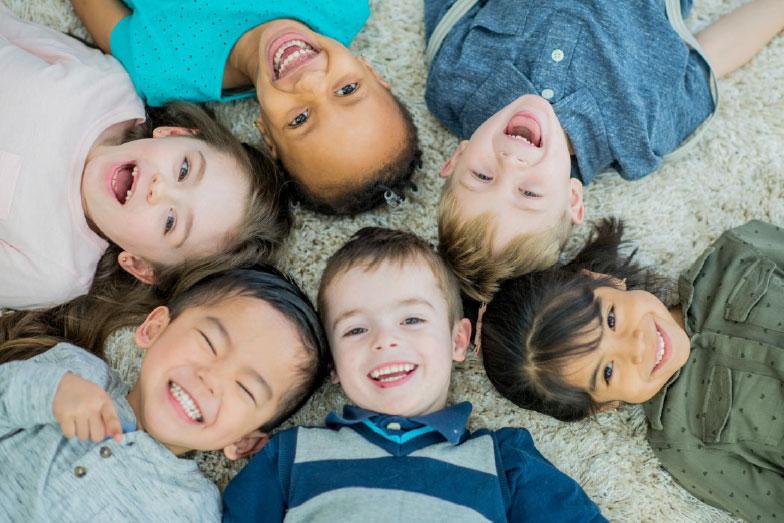
Image
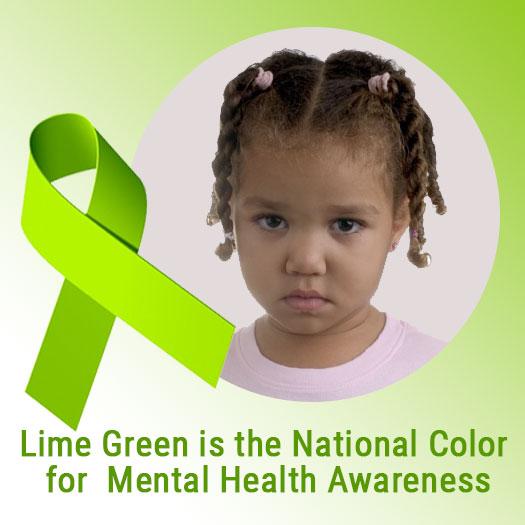
Social Emotional Development
Early childhood is a period of significant social and emotional growth. Emotional development and prosocial skills are essential for school readiness. In fact, healthy social emotional development is a predictor of later academic, social, and emotional success.
Key areas of development include:
- Cooperation
- Self-control
- Paying attention
- Emotional regulation
- Communication
- Confidence
- Relating to others
- Play with your child
- Read and sing with your child
- Model positive behavior
- Say please and thank you
- Praise your child
- Ask about your child's feelings
- Listen when your child talk
- Help reduce young children’s challenging behaviors, while increasing emotional control.
- Reduce the stigma associated with receiving mental health services.
- Reduce or eliminate geographical isolation and transportation barriers to services.
- Connect with families with children hat might not otherwise qualify for traditional mental health services.
Image
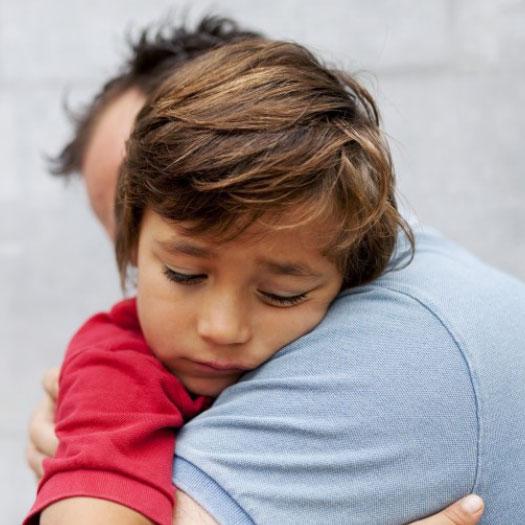
SET - 4 - School Services
Image
